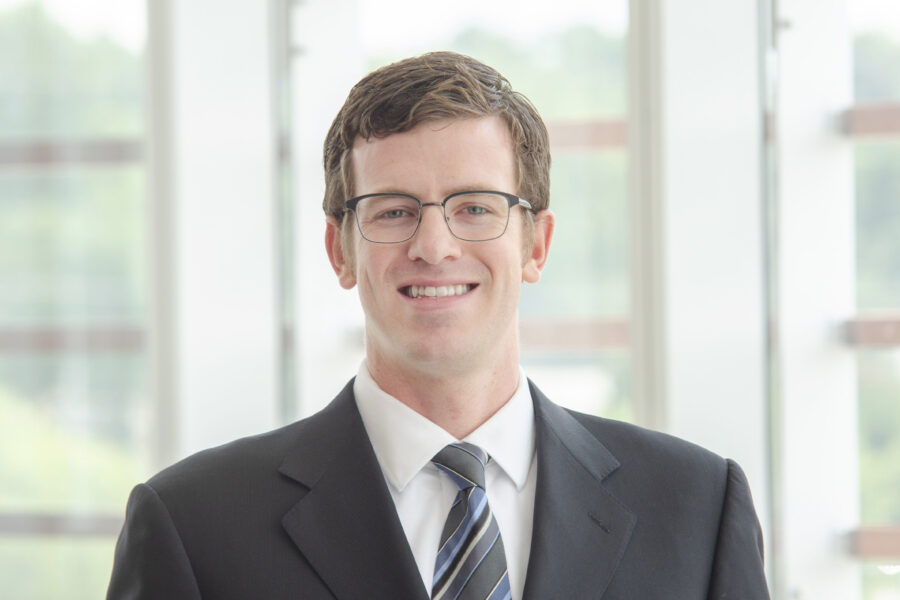Name: Jonathan Thompson, MD
Medical school attended: University of Wisconsin School of Medicine and Public Health
Location of your residency/fellowship training:
- General Surgery – UNMC
- Vascular Surgery Fellowship – University of Michigan
What residency/fellowship program at UNMC are you serving as program director for?
Vascular Surgery Fellowship
Number of trainees:
Three
How long have you been the program director?
Three years.
What made you chose to become the program director?
I love setting up educational programs and opportunities that allow trainees to be the best physicians they can possibly be. As a program director, I have the opportunity to really shape the way our vascular fellows are trained and prepared to meet the needs of our city, state and nation.
Additionally, I always have had an interest in education and shaping training on a larger scale. As a program director, it has opened many opportunities to be involved with surgical education on a national scale.
What challenges do you foresee in graduate medical education in the future?
All training, specifically surgical training, will move to competency-based training. Meaning, there will not be a defined timeframe for a specific program. As an example, for a two-year fellowship (like vascular), some trainees may be able to finish in one-and-a-half years, others may need two-and-a-half. The logistics of this and means for funding will be challenging. We like fitting the timeline for training into nice even one-year blocks. As GME has done in the past, we will find creative ways to work this out for the betterment our trainees.
What are the strengths of your training program?
Our program is a great balance of complex tertiary level vascular cases with routine outpatient vascular cases. We have an excellent case mix. Fellows, in my opinion, are set up to be successful in whatever practice they choose, whether that is a large academic center, a community hospital, or a private practice. Our graduates have been successful in all these settings.
Our fellows also have the unique experience of working at our VA for a large portion of their training. This gives our trainees unique autonomy not found at other training sites. It prepares them to run their own practice. Additionally, the vascular surgeons at the VA are heavily engaged in research, so our trainees experience what it is like to have clinical and basic science research as part of their practice.
Finally, we are on the forefront of simulation and leverage the iEXCEL/Davis Global Center for a regular cadaver curriculum throughout the year, which is not found at any other vascular training program.
List some accomplishments that you are proud of:
- A member of the Vascular EPA (Entrustable Professional Activities) writing group for the American Board of Surgery
- All of our fellows have passed their written and oral boards on the first attempt
- Plenary presentation at the Vascular Annual Meeting, June 2022
- Society for Vascular Surgery AMA RUC (RVS Update Committee) alternate
- I am an Eagle Scout.
Tell us three things about you that others may not know:
- I love downhill skiing.
- I enjoy American history.
- I spent a summer in rural Zimbabwe after college.
